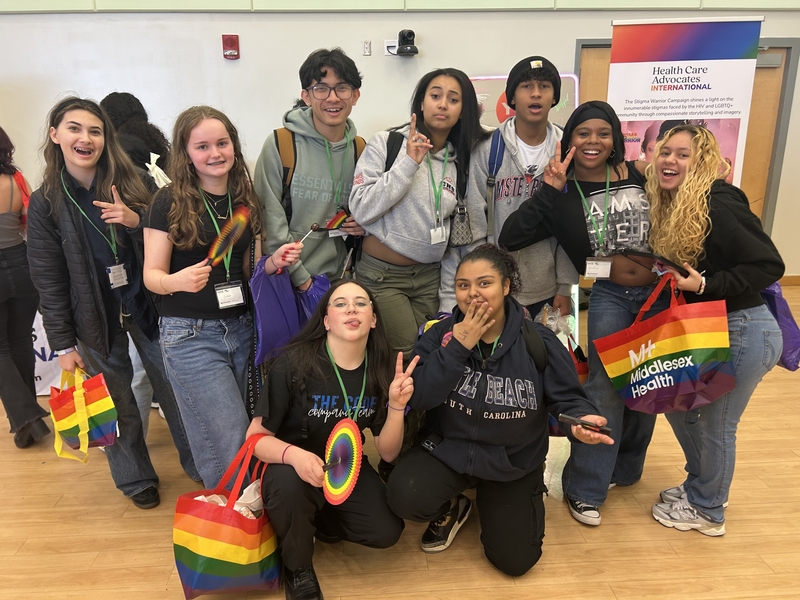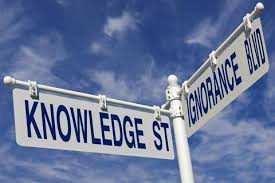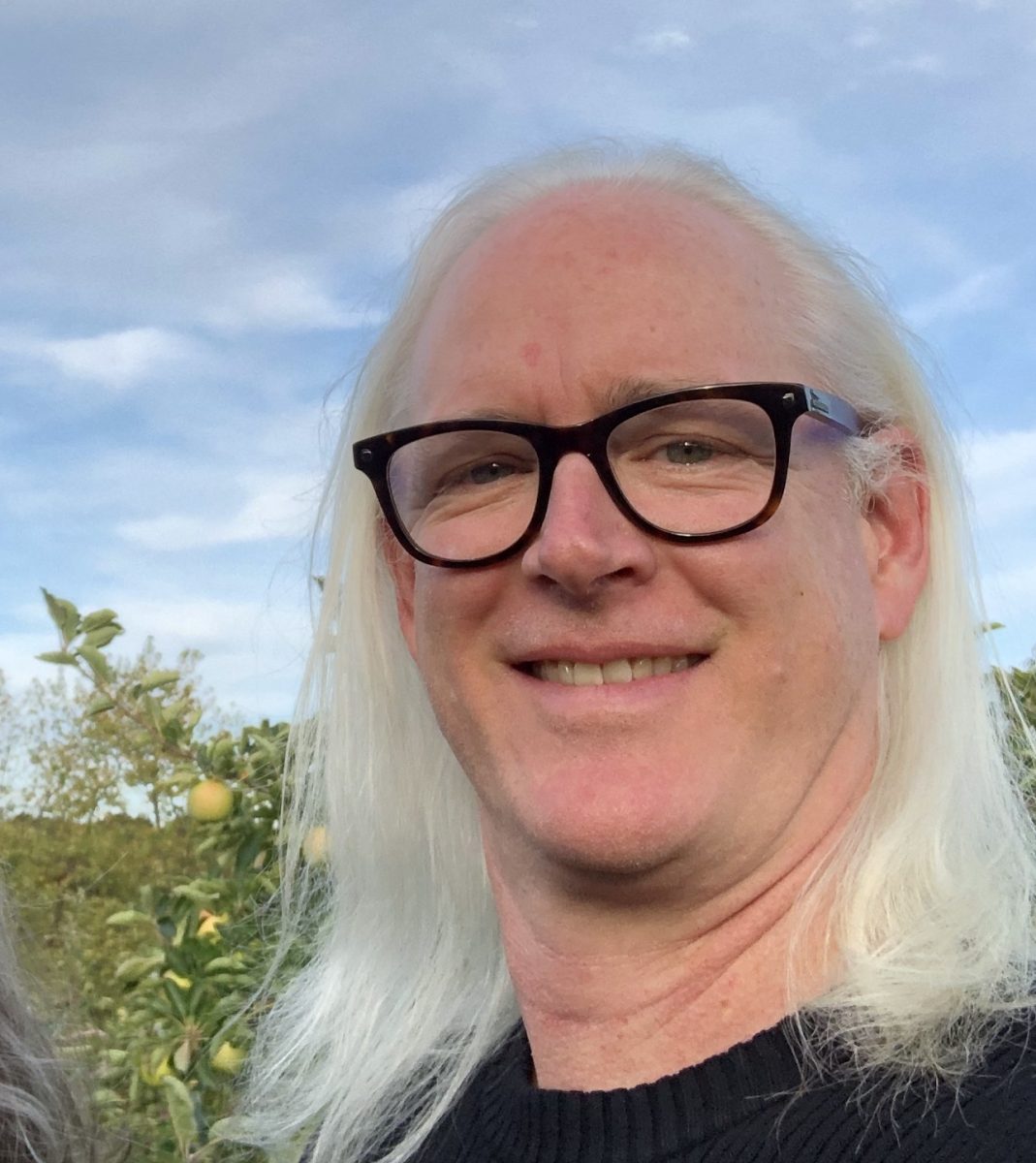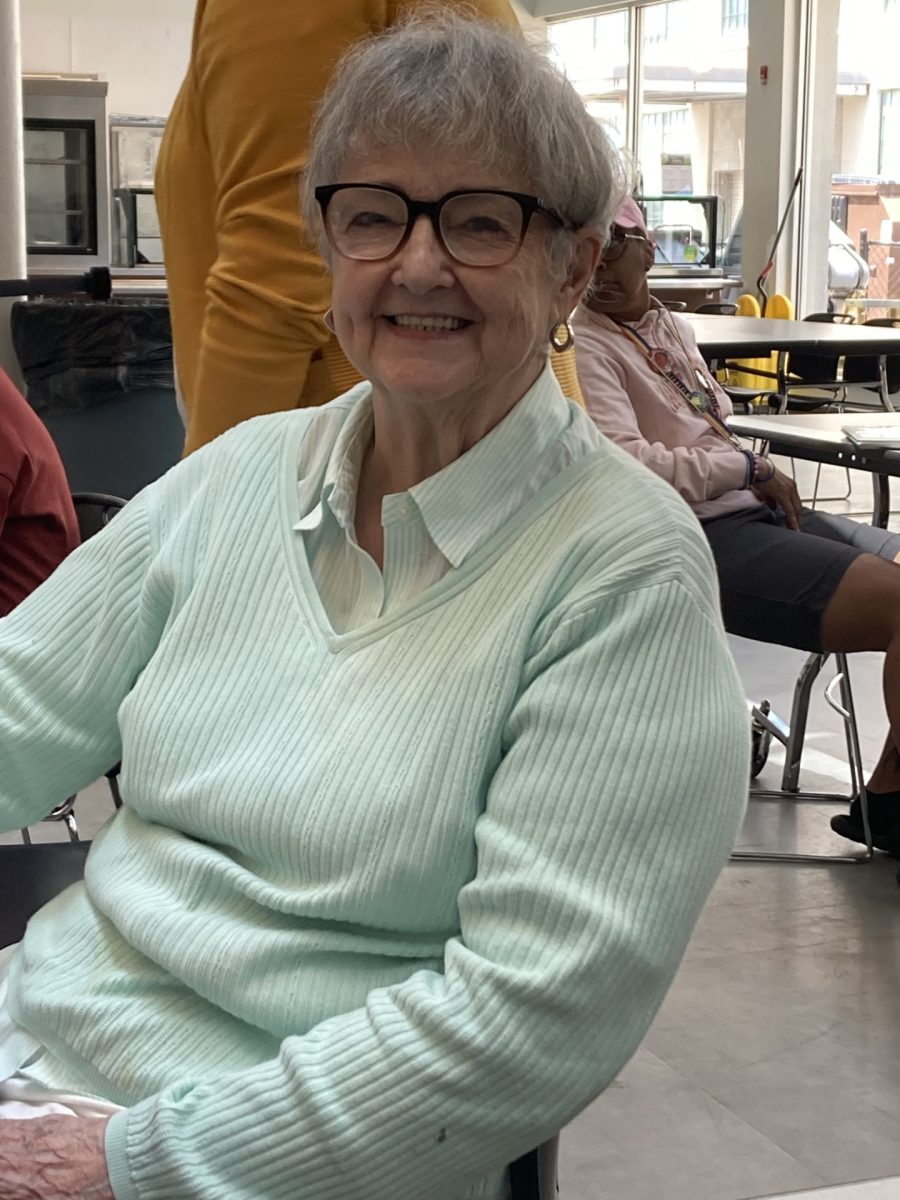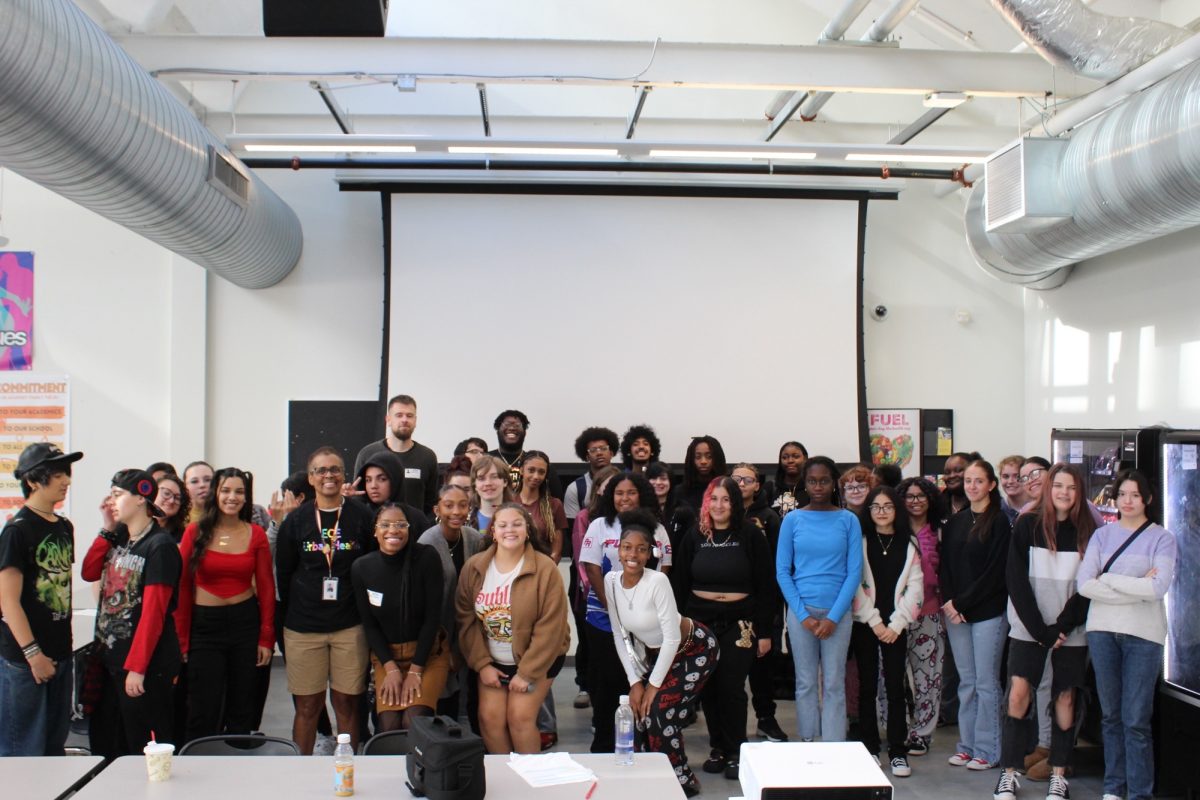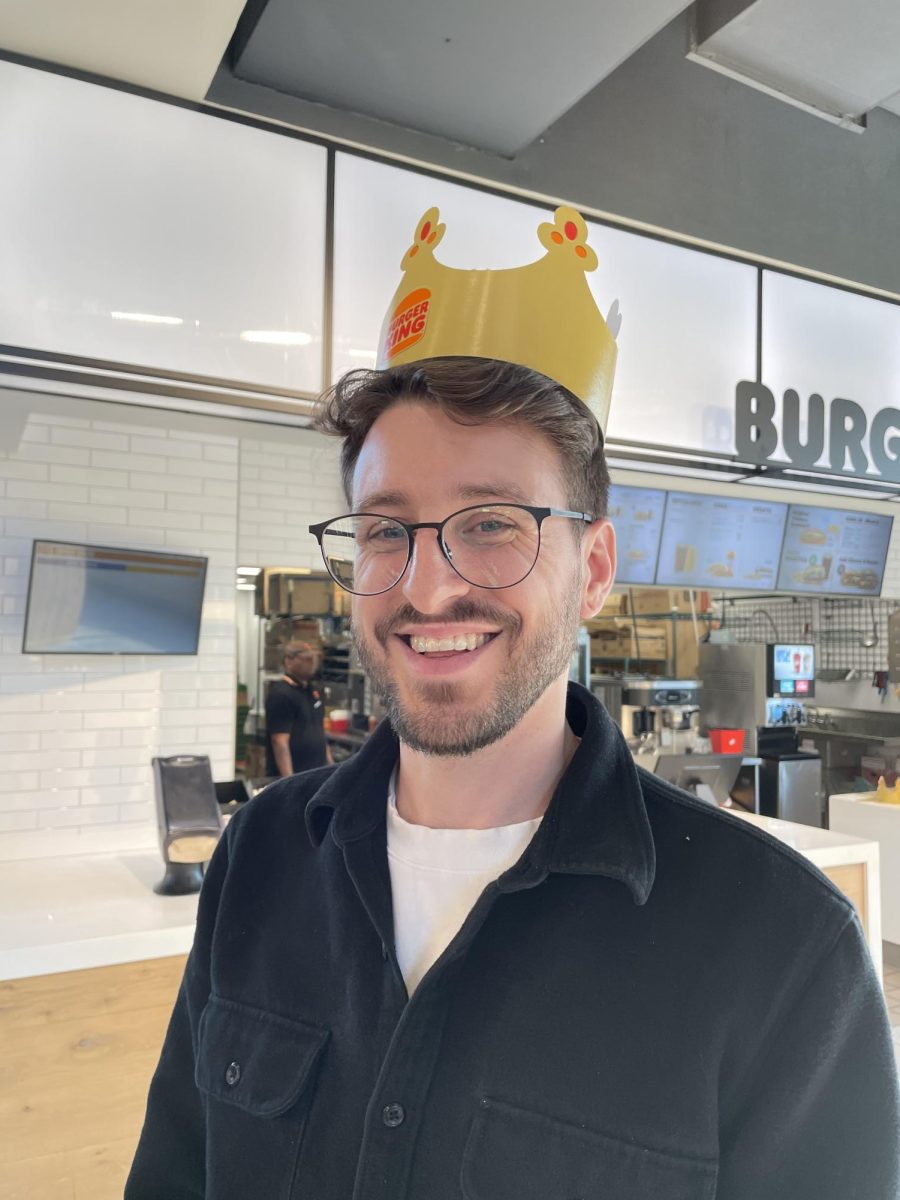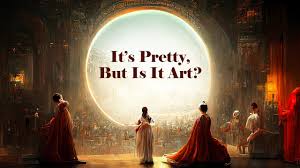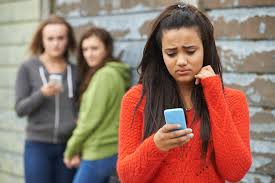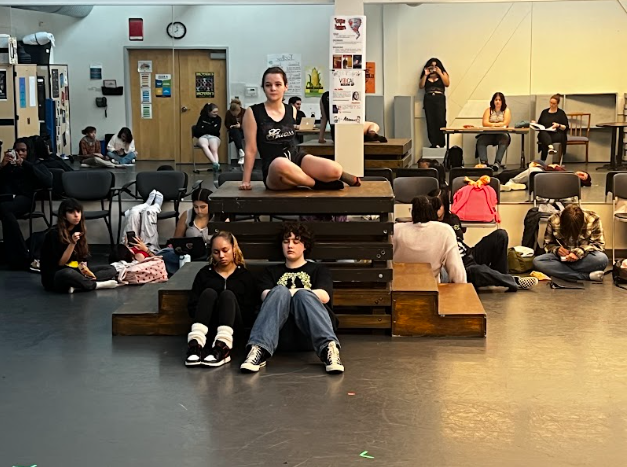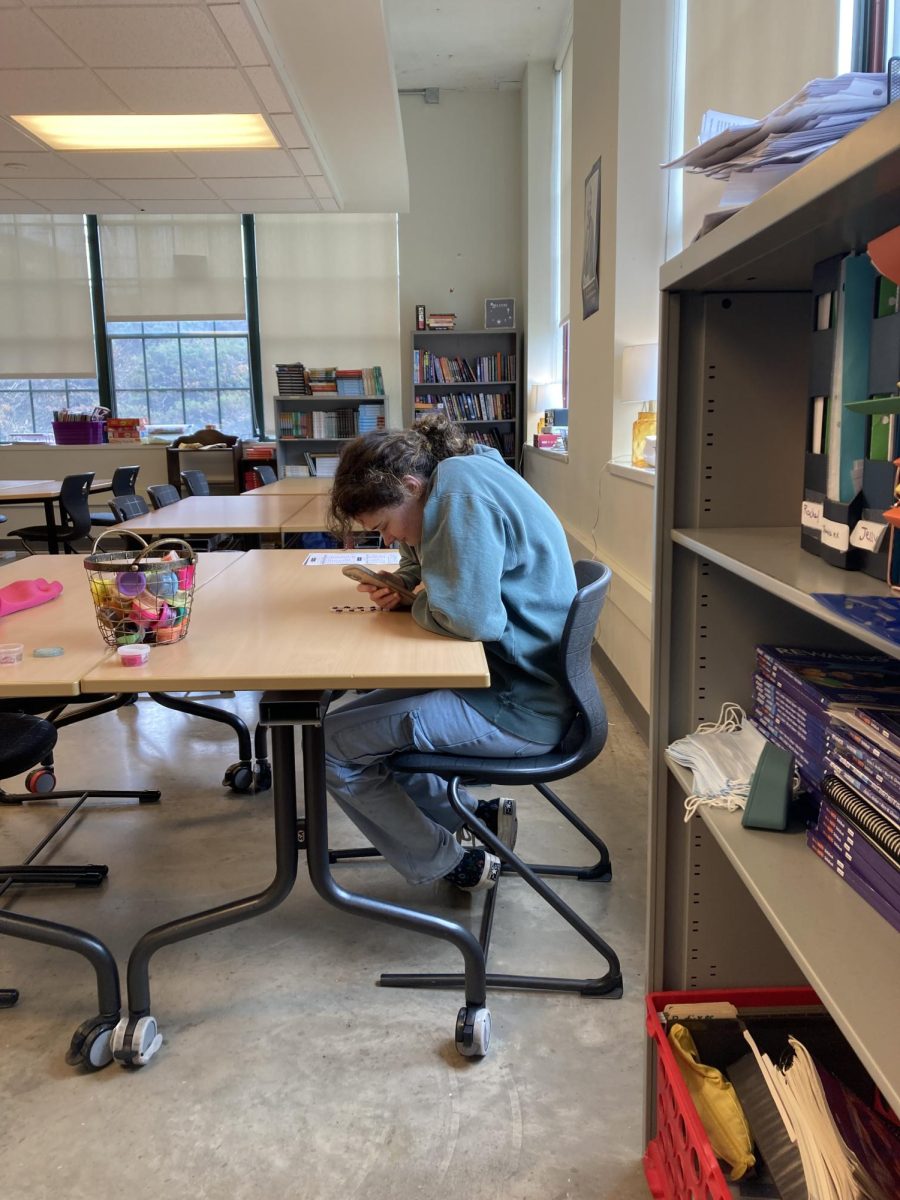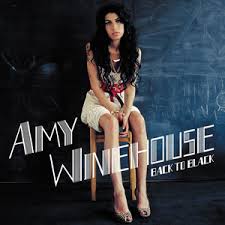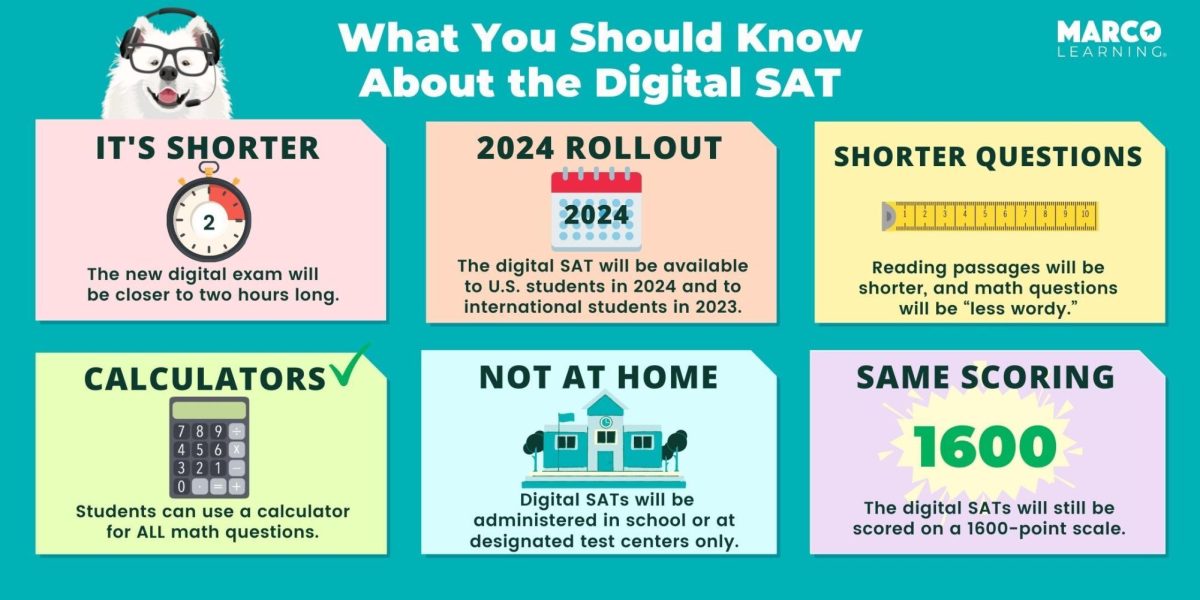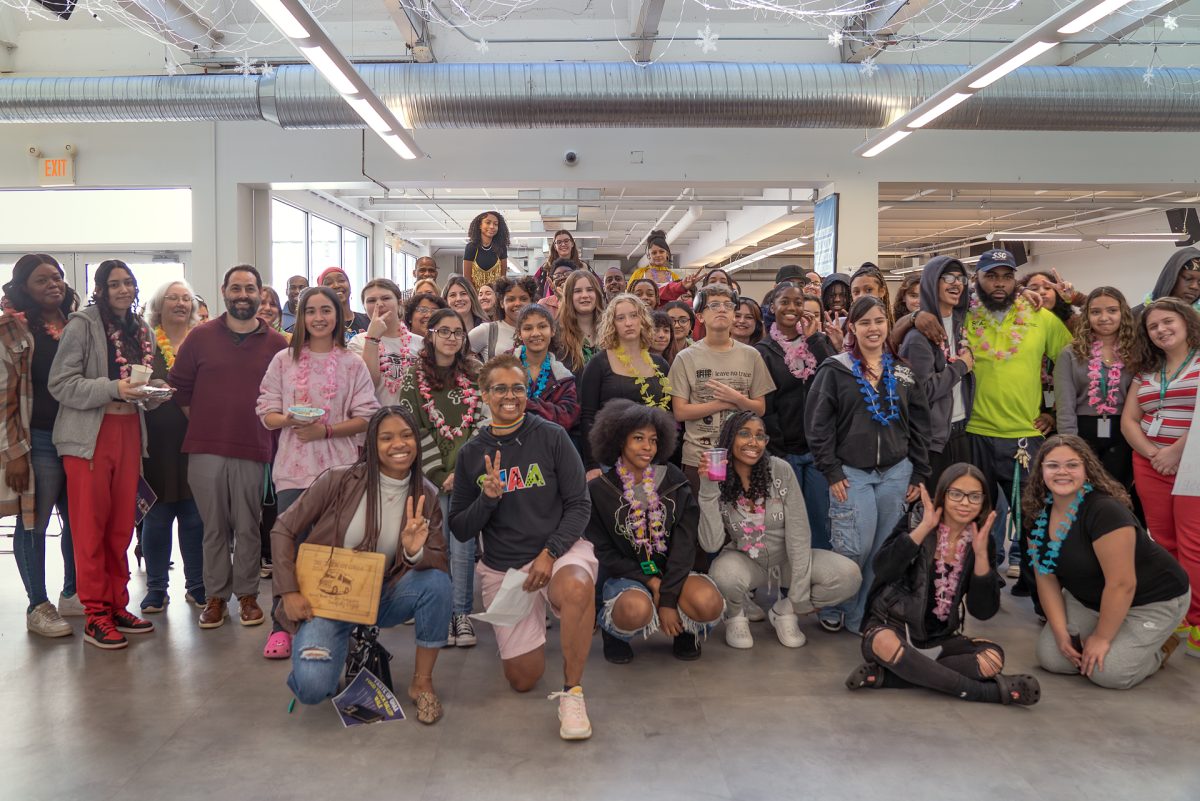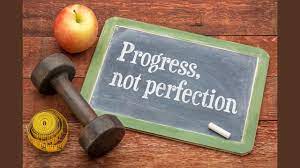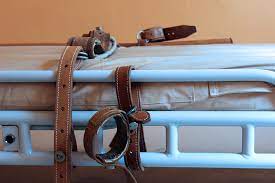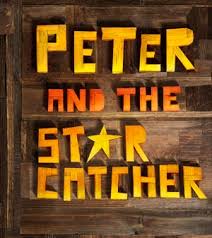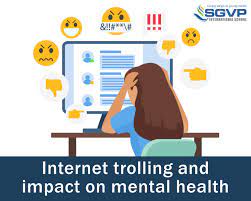
Everyone is influenced by the media they consume on the internet, whether they’d like to think so or not; this is particularly a problem in my own generation. Due to how much content we consume daily, we’ve come to rely on it for information and entertainment. Sometimes, the lines between those two things get blurred too far. Gen Z’s perception of mental health is mainly controlled by the media and content they consume online, unless they have personal experience with the issue spoken about – and so it turns into groups of people who suffer from mental disorders, vs groups of people who think they know all there is to know about said disorders, despite not having any personal experience with them, nor being professionals themselves. The overexposure to misinformation can isolate those who struggle, and that has dangerous consequences.
We as a generation witness and perpetuate an online culture of minimizing the suffering (ie “depression is no excuse to be dirty!”) and the threat (ie “OCD is just being neat”) of mental health disorders. I have even seen people refer to anorexia-, a life-threatening disorder I’ve personally witnessed people suffer from immensely-, as healthy. In the same vein, there is an entire group of people on the internet that encourage and glorify disordered eating eating disordered behaviors, called pro-ana or thinspo – “pro-anorexia” and “thin inspiration”. One group of researchers (Jadayel, Jadayel & Medlej, 2018.) dug into these online pockets by entering websites, conducting focus groups and case studies in the real world, and they observed some truly disturbing things.
The pro-ana “commandments”, or the rules of the group, state things like: “being thin is more important than being healthy”, and: “being thin and not eating are signs of true power and success”. (Jadayel, Jadayel & Medlej, 2018.). Those running this group are aware of the extreme dangers of anorexia nervosa – they are maliciously using the warped perceptions of those suffering from it for their entertainment.
While this is dangerous for multiple groups of people – such as those who are not thin or those with conditions like diabetes-, it is most dangerous for those already suffering from eating disorders. Particularly women and girls, who are encouraged to continue their behaviors and shamed when they express interest or take steps towards recovery. The most tragic and infuriating part? Pro-ana is just one group of many who threaten the lives of the mentally ill every day from behind a screen.
The same researchers also looked into the glamorization of depression online and what they found should concern all parents or guardians, as well as anyone with friends or family members who have depression. Phrases like “suicidal people are just angels who want to go home”, images that portray cutting yourself as an art form. Depressing quotes next to conventionally attractive people who look pretty when they cry. They discovered that self-harm rates are up 70% in the past decade in 10-14 year olds, and the amount of girls held in inpatient after self-harm is up a horrifying 285%. (Jadayel, Jadayel & Medlej, 2018.) If those numbers do not make you sick to your stomach, they should.
A personal story of mine comes from being a part of the larger community of trauma survivors and people with post-traumatic stress disorder. Recently, there has been a rise of people who criticize what can and cannot be called trauma – people with this condition are told-, often by others experiencing the same thing-, that people out there have been through so much worse than them. They are told “abuse” is a word exclusive to physical beatings; that in order for their experiences to be called “trauma”, they must prove how horrific it was. This leads to people feeling pressured to tell their stories before they are ready, and in some cases giving up on recovery altogether after being told they have nothing to heal from. I have witnessed friends and family alike be told that their traumas do not count – that they are privileged and don’t deserve to heal. That they are just looking for attention, and their lives are not that bad. They’re told, “suck it up, buttercup” by people who believe they are more entitled to the internet brownie points that come with displaying one’s suffering. This can also lead to severe bouts of depression and self-loathing, and an increase in suicidality.
Some might say this is an internet-only problem – the solution in such a case would be to simply stay off of social media and attempt to keep it out of your circulation. But then, you watch a retro romance movie with your parents where the female love interest is depicted with borderline personality disorder. She’s mysterious, she’s sexy, she’s fun. She’s the so-called manic pixie dream girl, and she’s existed as a plot device to a man’s story for decades. Her serious mental health disorder is this character’s bread and butter, and yet it’s portrayed in a singular facet – a borderline might come off as promiscuous, passionate and fun-loving at times, (Sansone & Sansone, 2011.) (Lawrence, Allen & Chanen, 2010.) but it is far from a whimsical condition. This is just one example of bad representation before social media as we know it, and it’s far from the worst of the worst.
Additionally, students are also required to use the internet for school in a range of ways, and most jobs require some things to be done digitally. I, myself, have had social-media related assignments while the school system attempts to integrate modern lifestyle into the curriculum. I argue that media is inescapable in today’s society.
These disorders are shown almost in a romantic light, when in reality depression, anorexia, and borderline personality are three disorders out of four with the highest mortality rate (Chesney, Goodwin & Fazel, 2014.) – the people who encourage self-harm behaviors such as self-starvation and cutting fall into two groups: incredibly misguided individuals who are suffering, and sadistic people who derive some kind of enjoyment from people’s pain and in far too many cases, death. Every person who faces these issues deserves to heal and thrive. Their mental health struggles are never their fault. I implore you, the readers, to be cautious in the information you and your loved ones are exposed to on social media – it really does cost people their lives.



